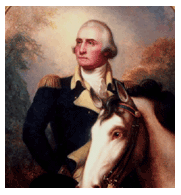Turkey Day Comin'
The reference to Turkey Day is not November 25 -- the national day of thanksgiving. Rather, it's January 3, when the new Congressional session starts. I don't have a much to comment about that. I just thought I'd write something here to see if I might wake up some of the echoes of the past. In the event of complete silence, I will delete this sight from my favorites and move on, alone, lonely, forlorn, and forgotten.










